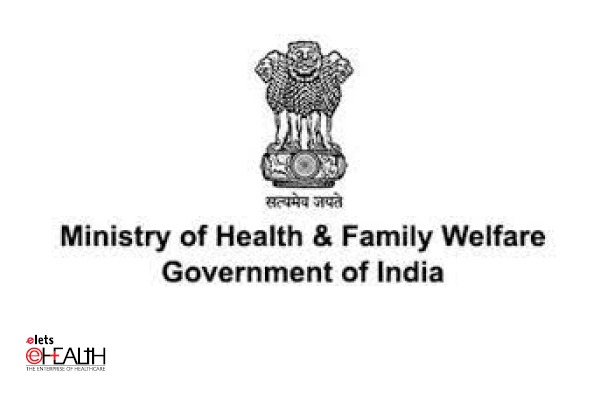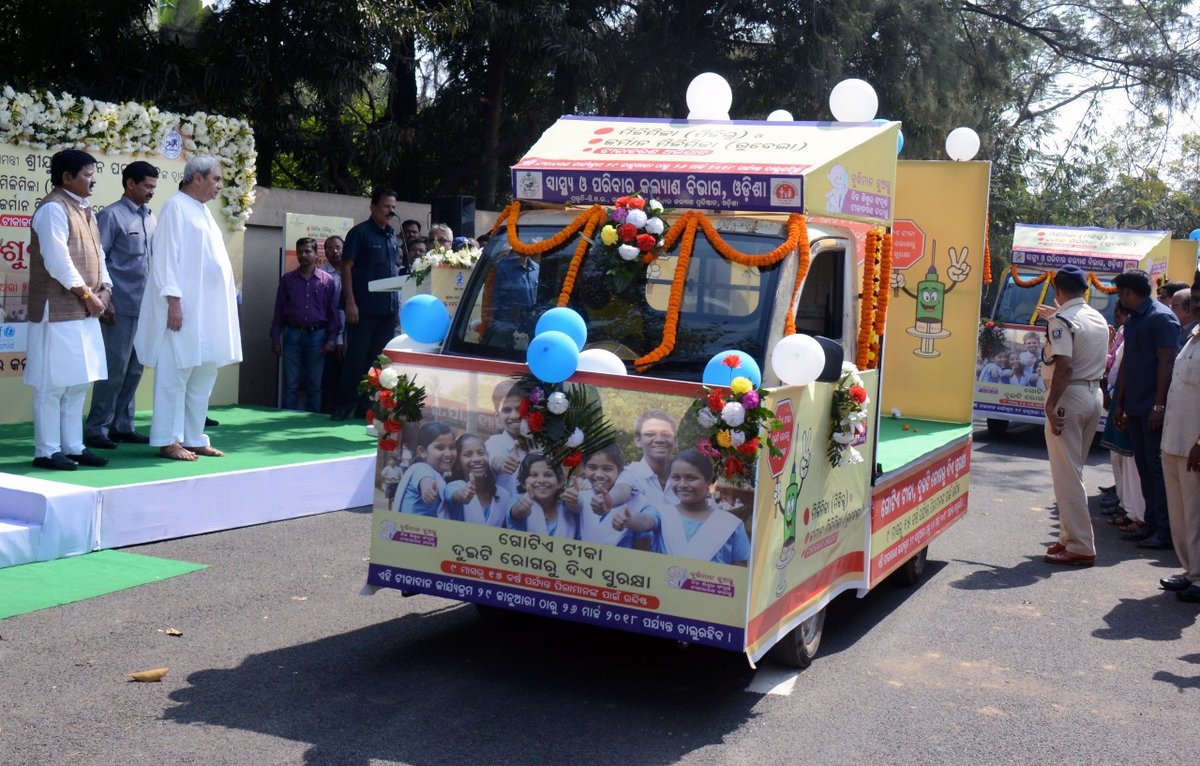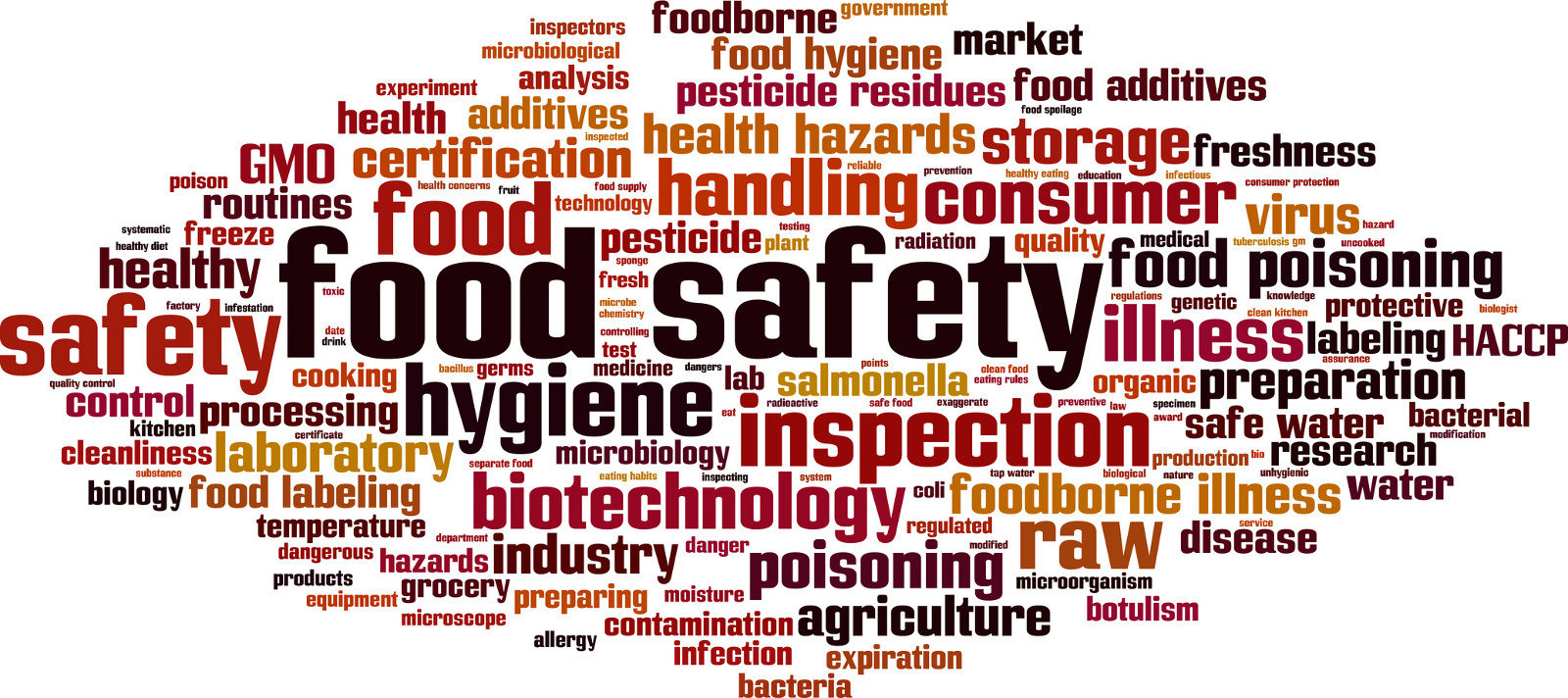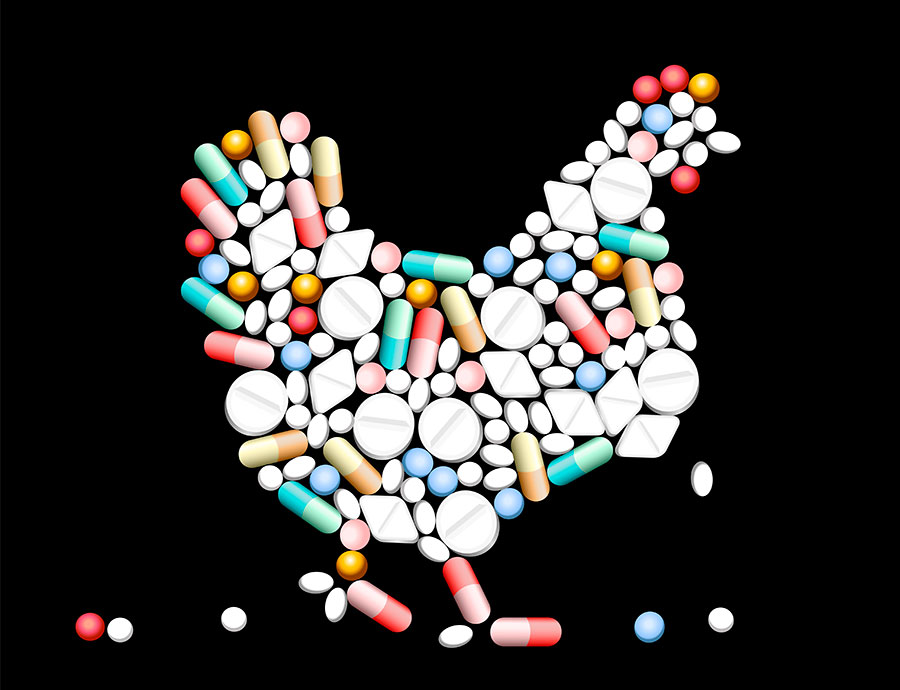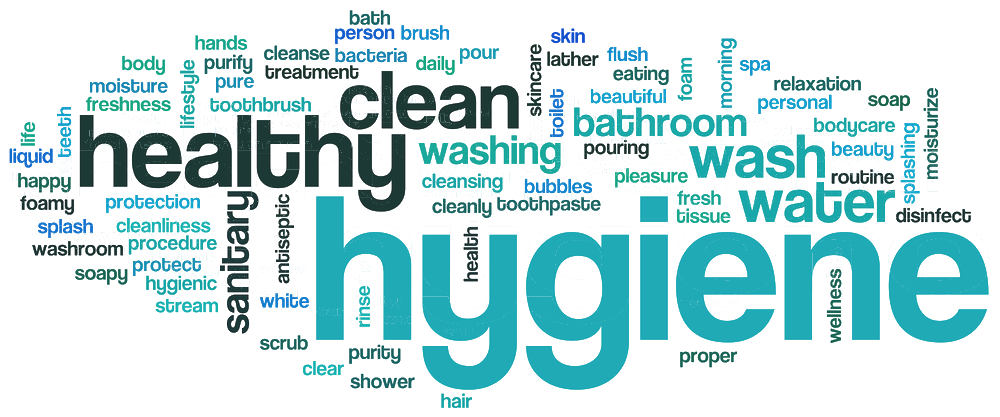The Asian Development Bank (ADB) is supporting efforts by the Government of Indonesia to reduce malnutrition among poor children and pregnant women to put the country on track to achieving the United Nations’ Millennium Development Goals (MDGs). This is ADB’s first nutrition investment project and the Government’s first nutrition project after decentralization in 2001. It is believed that improved nutrition status of women and children directly affect the achievement of MDGs related to poverty and hunger, primary education, child mortality, maternal health, and combating HIV/AIDS, malaria and other diseases. Currently, 28% children under the age of five years are underweight in Indonesia, which implies that about 5 million children under-five years have compromised growth, cognitive and behavioral development.
ADB is expected to provide a US$ 50 million loan to help finance the Nutrition Improvement through Community Empowerment Project, which is estimated to cost US$ 71.4 million. The balance will be covered by the Government of Indonesia. A technical assistance of US$ 5,00,000 will strengthen evidence-based planning and budgeting for nutrition programs at national and local levels. It has long been known that malnutrition undermines economic growth and perpetuates poverty. Therefore, the project in Indonesia will support government efforts to reduce and prevent malnutrition in about 1.48 million children under five years and 500,000 pregnant women in about 4,000 poor rural and urban areas. Malnutrition causes lower intelligence and reduced physical capacity, resulting in lower productivity. It has been found that childhood malnutrition leads to poor school enrollment and achievements and pose a long-term threat to girls’ reproductive health and adult productivity. Urbanization too exacerbates the transition to sedentary lifestyles and high-fat diets, especially among the urban poor. The project on malnutrition in Indonesia will focus on institutional development for nutrition policies, programs and surveillance; improving facility and community-based nutrition services; strengthening community capacity to carry out nutrition, hygiene and sanitation interventions; promoting food fortification, advocacy for decision-makers and communication; and providing project management support.

Be a part of Elets Collaborative Initiatives. Join Us for Upcoming Events and explore business opportunities. Like us on Facebook , connect with us on LinkedIn and follow us on Twitter , Instagram.


